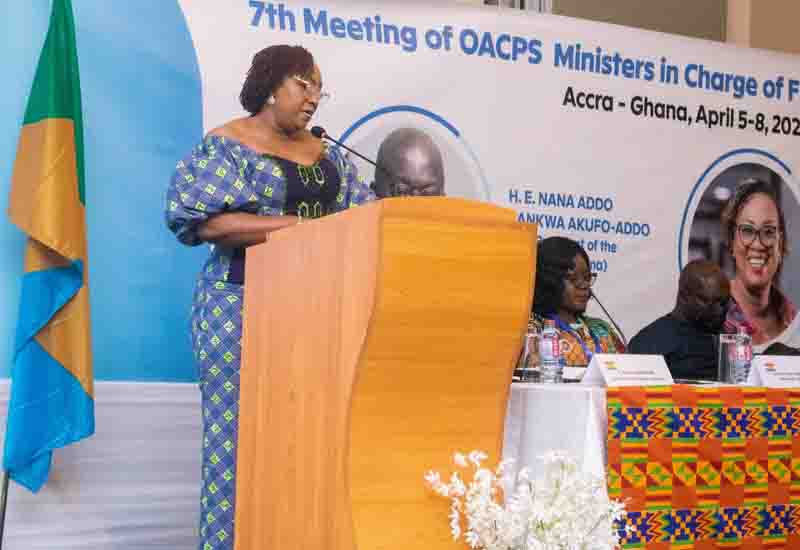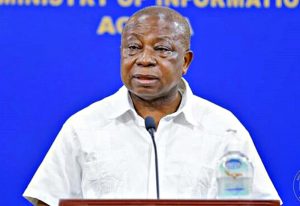An estimated 3 million Ghanaians are employed in the fisheries and aquaculture value chain in Ghana.
As a result, the sector remains one of the government’s priority areas in solving food insecurity and unemployment challenges.
The Minister for Fisheries and Aquaculture Development, Mrs Mavis Hawa Koomson, disclosed this at the 7th Meeting of the Ministers in charge of Fisheries and Aquaculture of the Organization of African, Caribbean and Pacific States (OACPS) in Accra.
She said, however, that the sector, especially marine fishing was beset with a plethora of problems such as illegal, unreported and unregulated fishing (IUU), threatening fisheries sustainability and efforts to rebuild depleted fish stocks.
Mrs Koomson said Ghana was not the only country facing those challenges in the fisheries sector as many countries in the developing world were also facing the same problems.
She, thus, urged all members of the OACPS to develop the aquaculture sub-sector to address the situation.
She noted that aquaculture was the best alternative to increase fish production, reduce fish imports and create jobs and wealth.
“Aquaculture is the best alternative to help reduce the overdependence on marine fishery resources,” she added.
She mentioned factors that affect the aquaculture sub-sector as inadequate infrastructure, low technical capacity, high cost of inputs, especially fish feed, low capacity to manage an outbreak of diseases and weak enforcement of regulatory measures and called on the member countries to address those challenges to bridge the gap between fish production and demand.
On her part, the Assistant Secretary-General of OACPS, Ms Cristelle Pratt, noted that climate change, overfishing, pollution and environmental degradation were some of the human-induced problems affecting the development of the aquaculture sub-sector.
“Sustainable development of the fisheries aquaculture sector faces tremendous challenges and the ability to sustain the benefits to our peoples is at risk from fisheries governance challenges as well as human-induced challenges and pressures such as climate change, overfishing, pollution, and environmental degradation,” she said.
She, therefore, called on member states to develop concrete measures to address these problems.
The theme for the meeting was OACPS Blue Economy Agenda 2030 – Catalyzing the Sustainable Fisheries and Aquaculture Development for the Future.
Ashantibiz




